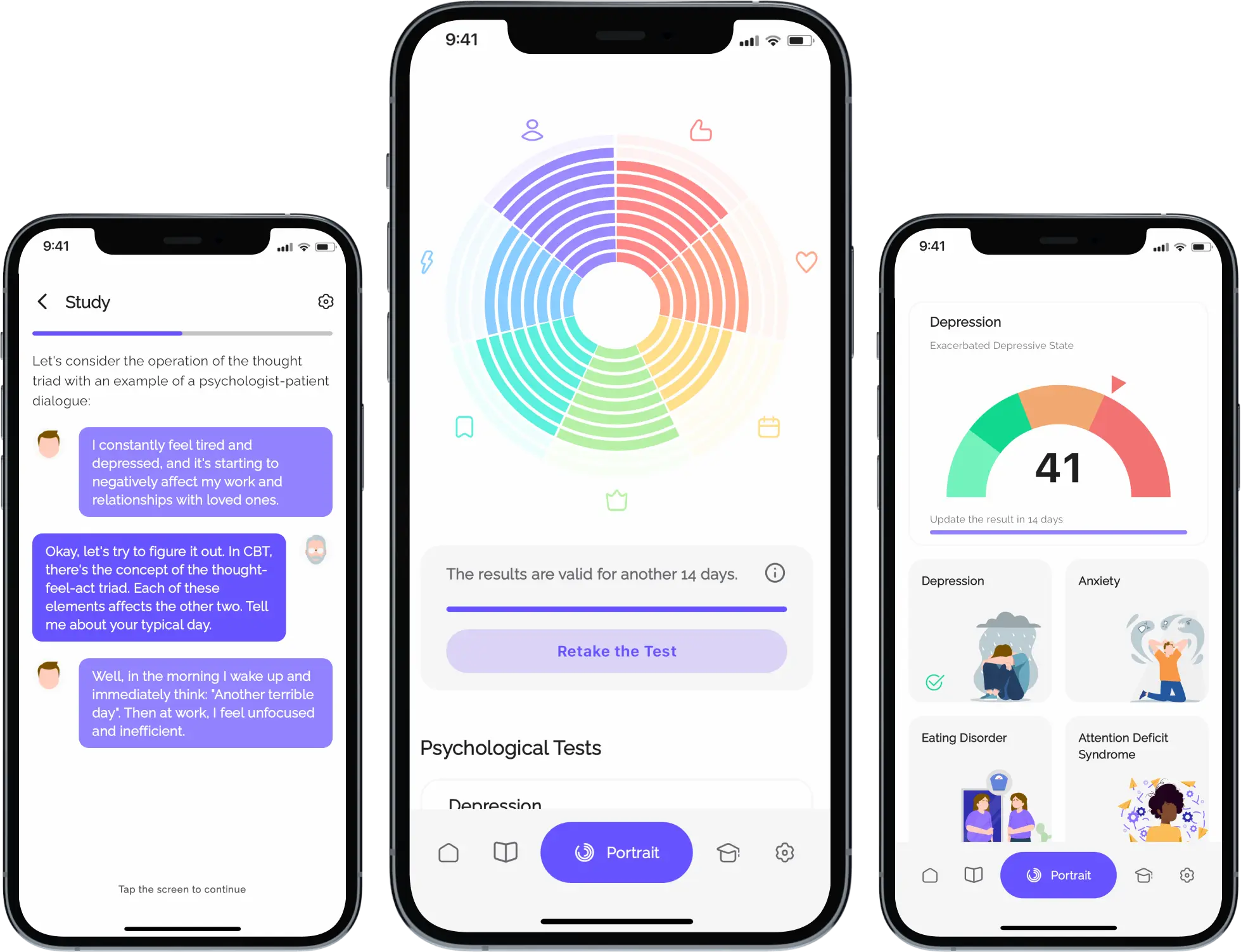
Early on, CBT’s journey was far from smooth sailing.
Freudian analysts and other researchers criticized Beck’s theory as “superficial,” pointing to a lack of evidence. Pharmaceutical companies also attacked him, fearing a threat to their profits from psychotropic drugs.
Building a solid evidence base took time.
In 1977, Beck conducted studies on patients with depression, showing that cognitive-behavioral therapy was more effective than imipramine, which at the time was considered the most powerful antidepressant.
Today, over 200 major studies confirm CBT’s effectiveness across a variety of conditions.
Let’s share some examples demonstrating CBT’s effectiveness for a range of different psychological problems:
They say numbers rule the world. No, they simply show us how the world is ruled.
Johann Wolfgang von Goethe
More content in our app
You're only seeing a portion of the content. In the app, you'll find numerous interactive articles. Additionally, there are psychological tests to track your mood dynamics, a daily planner, an automatic thought journal, and much more!

We’ve covered what CBT does well, but we should also mention when it might not be enough on its own.
If you have a serious mental disorder like schizophrenia or bipolar disorder, CBT alone probably won’t suffice; you’ll most likely need medication as well.
And remember:
Avoid self-diagnosis. Only a trained professional can determine how severe your psychological issues are.
We strongly recommend consulting a psychologist. Your mental health is worth the effort!








